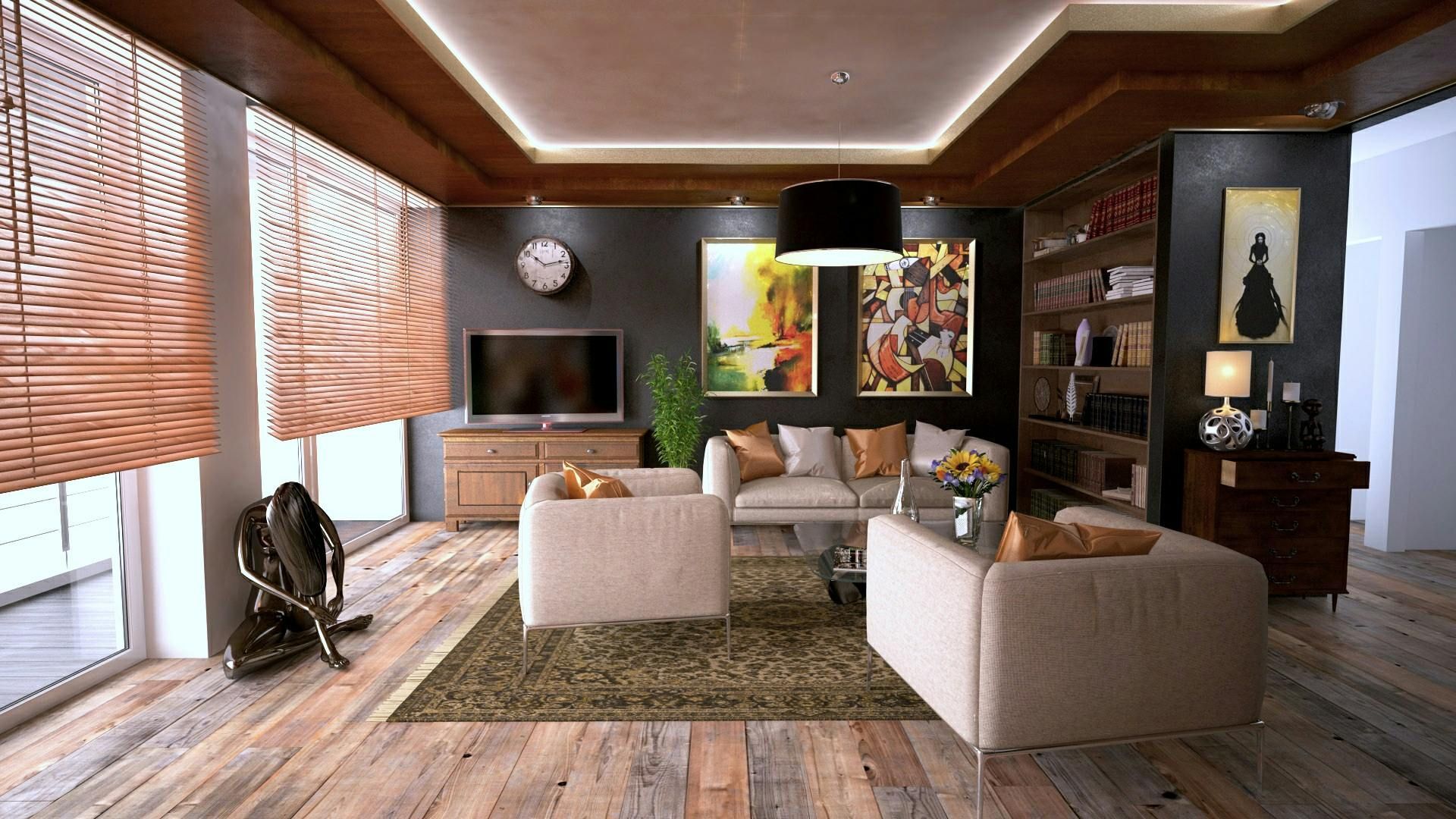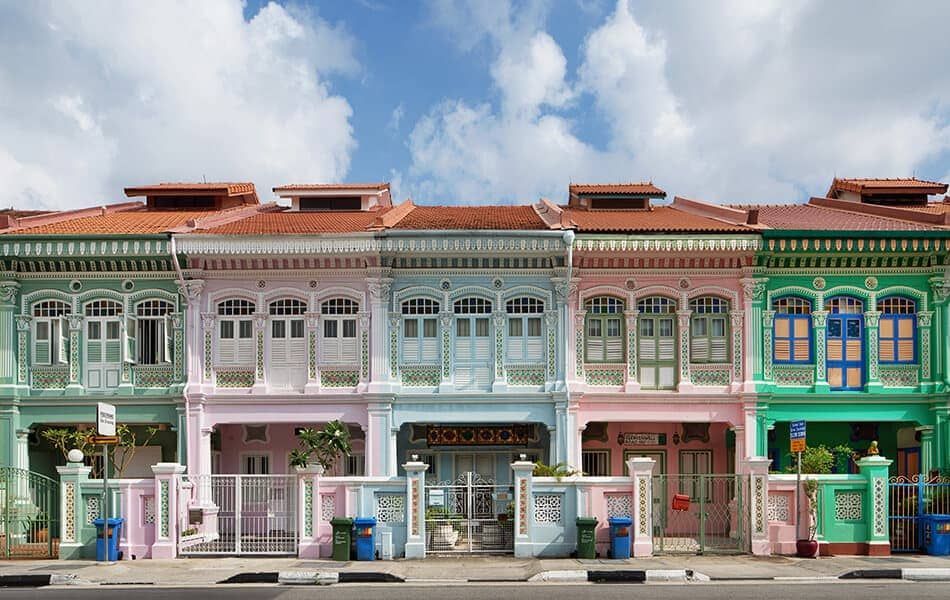Cultural Sensitivity in Real Estate: Catering to Diverse Clients
In my 30+ years in the real estate business, I’ve come to understand that selling homes isn’t just about square footage, location, or price. It’s about people—their stories, their backgrounds, and their unique needs. In a multicultural city like Singapore, where you’re likely to meet clients from various cultures, being culturally sensitive is not just an advantage, it’s a necessity.
I’ve always believed that a good real estate agent doesn’t just sell properties; they build relationships. And cultural sensitivity plays a massive role in building those lasting relationships. Whether it’s understanding religious customs, recognising cultural preferences for interior layouts, or simply knowing how to greet clients appropriately, being mindful of these details can make all the difference.
Learning from Experience
Early in my career, I remember working with a family from India. They were in search of a home that aligned with vastu shastra, a traditional Hindu system of architecture, similar to feng shui in Chinese culture. The layout, the direction the house faced, and even the placement of rooms mattered to them in ways I had never considered before. I quickly realised that my usual sales pitch about good lighting and spacious rooms wasn’t going to cut it. I had to understand their deeper, more spiritual needs.
From that moment, I began learning about different cultural practices and how they influence buying decisions. I read up on various customs, consulted with experts, and most importantly, listened to my clients. Each culture, each family, has its own preferences, and knowing what these are can make or break a deal.
The Power of Understanding
In Singapore, the real estate market is as diverse as the people who live here. I’ve worked with clients from various countries—Malaysia, China, the US, Australia, Indonesia, and more—and each one brings a unique set of expectations. A Western expatriate family may prioritise proximity to international schools and look for an open-plan living space. In contrast, a local Chinese family may want a home that adheres to feng shui principles, ensuring harmony and balance.
I recall a time when a Chinese client wanted to make sure the home didn’t face a "T-junction" or have the kitchen directly in front of the main entrance—feng shui rules that dictate good fortune and energy flow. By respecting these concerns and providing properties that met those needs, I earned their trust and secured the deal.
Then there’s the Malay community, who often prefer homes with ample space for family gatherings and celebrations, while considering their daily prayers and dietary needs (like having a halal-certified kitchen). Understanding these preferences helped me connect with clients on a deeper level, and it made the entire process smoother and more respectful.
Catering to Diverse Preferences
It’s not just about religious or spiritual practices, though. Cultural sensitivity extends to lifestyle preferences. For example, some cultures place a high value on multi-generational living, where it’s common for grandparents, parents, and children to live under one roof. This requires properties with more bedrooms, living spaces, or even dual kitchens. Being aware of these needs and presenting homes that cater to them not only shows professionalism but also demonstrates genuine care.
For instance, when working with Muslim families, I make it a point to identify nearby mosques or halal-certified eateries. When I’m with expats from the West, I focus on international schools, work commute options, and whether the home has facilities like swimming pools and gyms, which are often high on their priority list.
Personal Touch in a Global Market
Singapore’s real estate market is a global one, and as agents, we must learn to navigate cultural nuances to provide the best service. It’s not enough to merely know about housing regulations or market trends; understanding cultural sensitivities is key. Real estate is more than a transaction; it’s about helping someone find a home—a place that reflects their values, lifestyle, and traditions.
By actively engaging with clients from diverse backgrounds, I’ve not only expanded my network but also gained deeper insights into how homes can be more than just physical spaces. They’re places of comfort, reflection, and cultural identity.
The Importance of Continuous Learning
What I’ve learned is that being culturally sensitive isn’t a one-time effort. It’s an ongoing journey. The world is constantly evolving, and so are cultural norms and expectations. By keeping an open mind, asking the right questions, and being willing to adapt, I continue to grow as an agent—and as a person.
If there’s one takeaway from my experience, it’s that every client wants to feel understood and respected. Cultural sensitivity is not just a strategy, but a way of showing clients that their values and beliefs matter. Whether you’re a first-time buyer or an experienced investor, knowing that your real estate agent appreciates your cultural background builds trust—and trust is everything in this industry.
Why It Matters More Than Ever
In today’s interconnected world, where people move across borders for work, study, or retirement, cultural sensitivity has never been more important. As Singapore continues to grow as a global city, the diversity of our clients will only increase. Being able to cater to these varied needs isn’t just a competitive advantage—it’s a fundamental requirement for success.
At the end of the day, real estate isn’t just about buildings; it’s about people. And the more we understand the people we’re working with, the better we can serve them.
I’m Here to Help
If you’re looking for an agent who understands the importance of cultural sensitivity and values the unique needs of every client, let’s talk. With over 30 years of experience in Singapore’s diverse real estate landscape, I’m confident I can help you find a property that feels like home.
Contact me today at 93838818 or visit my website to start your real estate journey with someone who truly understands you.


